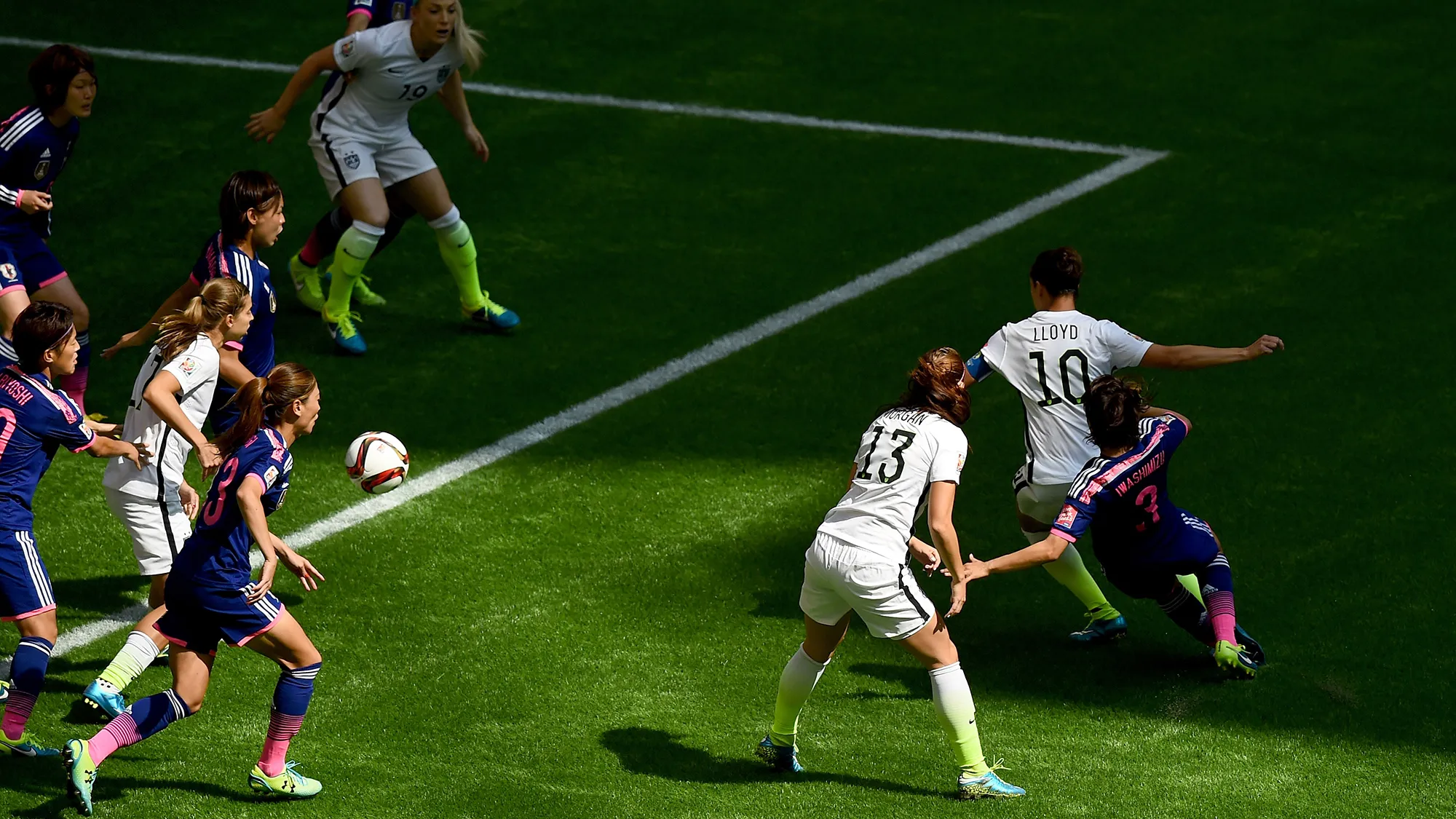By: Thomas Yan
The world of women’s soccer has been ablaze with demands for pay equity and equal working conditions, and it’s about time we take a serious look at this issue.
As the 2023 Women’s World Cup approaches, players from various national teams are standing up for their rights and seeking fair compensation for their dedication and talent. While strides have been made in addressing players’ concerns, there is still much work to be done to achieve true equality in the beautiful game.
One of the leading voices in this battle is the U.S. women’s national team, which has been at the forefront of the fight for equal pay. Through their collective efforts and determination, they have secured a landmark labor agreement that ensures they receive a fair share of the World Cup prize money] , setting a groundbreaking precedent. It is a testament to the power of unity and collective bargaining.
However, it’s essential to recognize that the U.S. team’s success in securing equitable compensation stands in stark contrast to the challenges faced by most players worldwide. The sad reality is that approximately two-thirds of the women’s national teams at this World Cup lack collectively bargained contracts. Without such agreements, there is no guarantee that players will receive a fair share of the tournament prize money.
FIFA, as the global governing body of soccer, has taken steps to address this issue. It increased the Women’s World Cup prize money to $110 million, a substantial improvement from the $30 million offered at the previous tournament. It has also committed to allocating a portion of the prize money directly to the players, ensuring they get their fair due.
Yet, there remains skepticism among players about how and when they will receive their share of the money. While FIFA has promised audits to ensure transparency, a precise timeline for payment remains elusive. Players, like Jamaican forward Cheyna Matthews, rightly express concerns about the potential manipulation of this process, leaving them anxious about the outcome.
The fight for pay equity extends beyond the World Cup. Many players still face disparities in match fees, travel conditions, and overall treatment compared to their male counterparts. It is essential to standardize these regulations and conditions for both men’s and women’s World Cup players, which FIFA has agreed to do. The verbal commitment from FIFA’s president, Gianni Infantino, to equalize prize money for the men and women in the future is promising, but action is what truly matters.
Countries like the United States and Denmark have taken additional steps by offering match bonuses, providing extra compensation for players based on their performance and results. These initiatives demonstrate that progress can be made on multiple fronts.
While the U.S. women’s team stands as a beacon of hope and progress, there is a long way to go to achieve comprehensive and lasting pay equity for all women’s national teams. We must celebrate the victories achieved so far while acknowledging the struggles faced by players from countries where collective bargaining remains a challenge.
As fans, supporters, and advocates of women’s soccer, we must continue to demand fairness, equal treatment, and respect for the athletes who grace the pitch with their exceptional skills and dedication. The success of the U.S. women’s team is a testament to the power of unity and collective action. It’s up to FIFA and other federations to follow suit and ensure that every player, regardless of their country of origin, is rewarded fairly for their contributions to the beautiful game.
As we gear up for an exhilarating Women’s World Cup, let’s remember that the battle for equality doesn’t end on the pitch. It’s a fight that demands our continuous support and commitment until the day every player in the world receives the recognition and compensation they rightfully deserve.
The beautiful game deserves a beautiful world where talent knows no boundaries, and pay equity is a universal norm.











